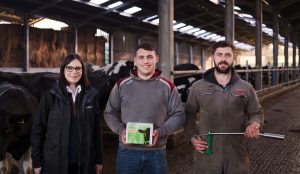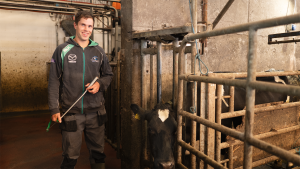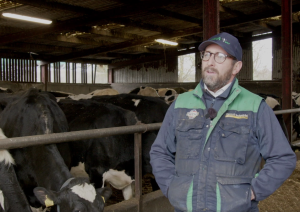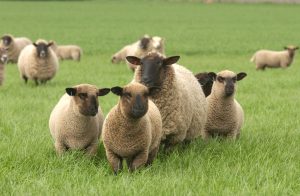Supplementation you can count on
For over 30 years ANIMAX has spearheaded the development of leading supplementation technologies for agriculture. ANIMAX Tracesure® is the pioneering research-proven bolus designed by vets and scientists to supply beef, dairy, and sheep systems with enough essential trace elements for up to 6 months. No if’s, but’s, or maybe’s.
Precision
All our boluses feature unique patented diffusion technology® for a controlled release and low risk of premature passing.
Efficacy
All our boluses contain trace elements that have been specially selected for maximised utilisation by the animal.
Ease
All our boluses have been designed so they can be given in a single application that only takes minutes but lasts for months.
Confidence
We operate to Good Manufacturing Practice Plus (GMP+) FSA standards, and are accredited by the Feed Materials Assurance Scheme (FEMAS). Our team of industry experts include research and development doctors, vets, and field staff with NOAH and SQP qualifications.
350+
Stockists
18
Countries
1982
Established
News
How the patented ANIMAX diffusion technology® works
Paddy Prendagast on getting less empty cows and more compact calving
Jack Hanson on getting his calving period down and calves going quicker
How Brian Roche gets his dairy cows fit for calving with certainty









